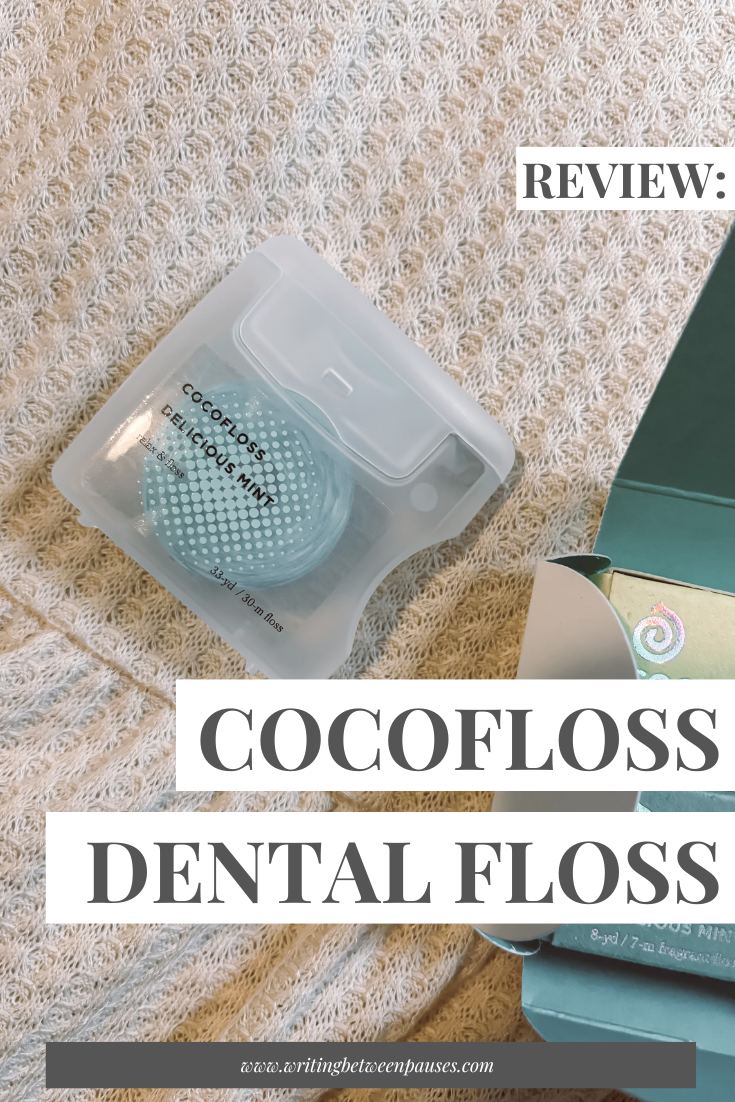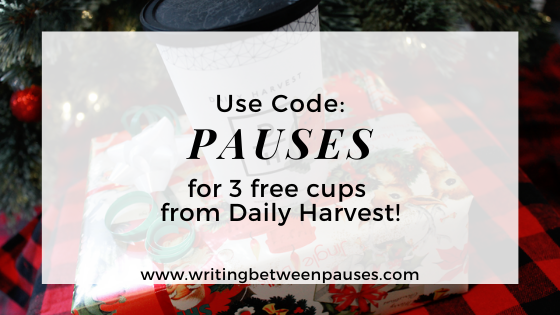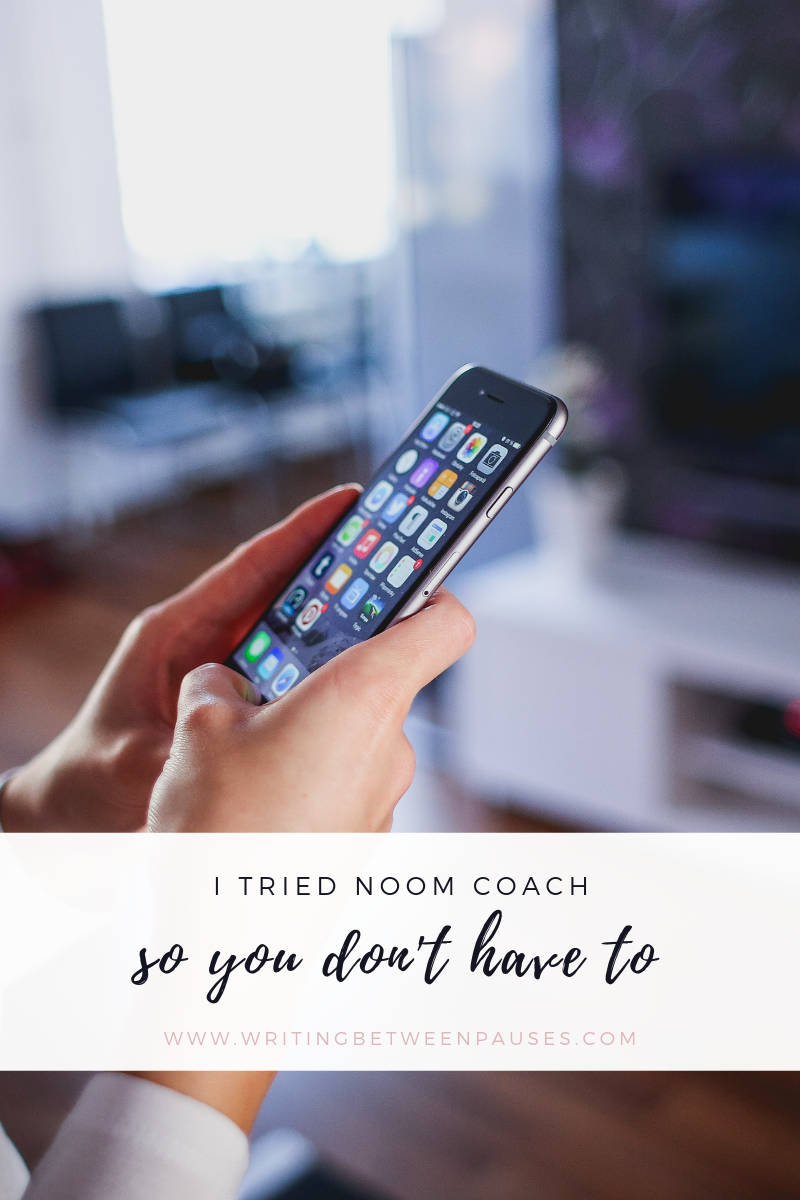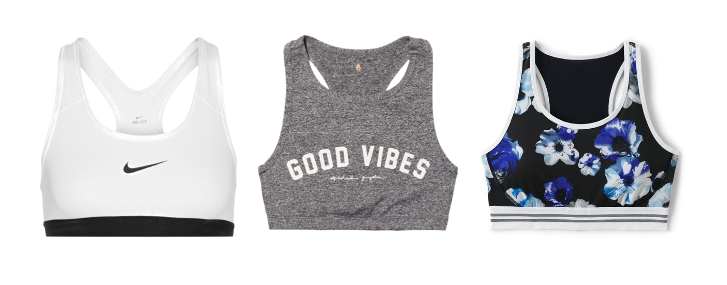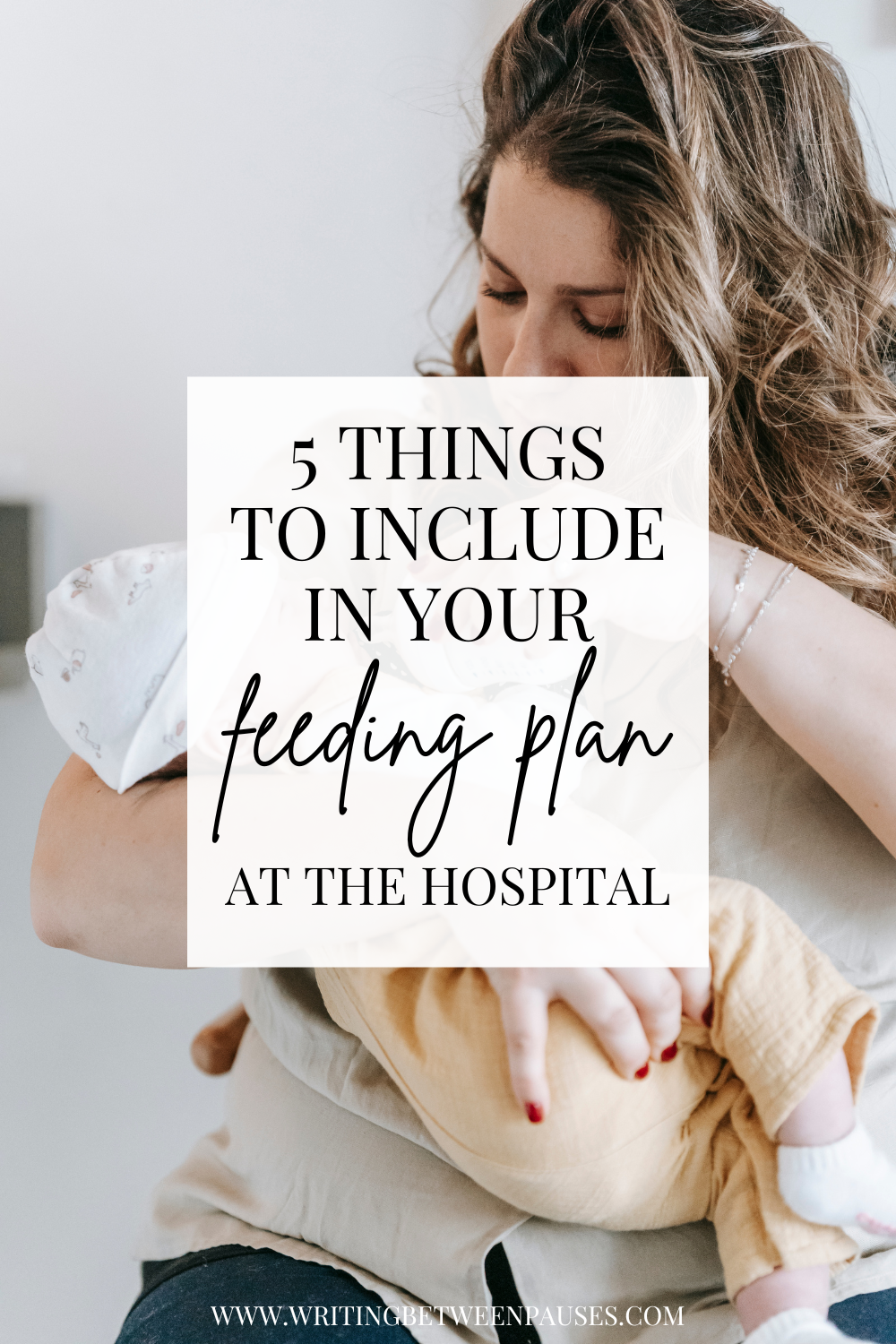I’m a big believer in a daily routine. Whether you’re working from home right now or just trying to survive with your kids, having a routine is great way to feel like your best self. I find that scheduling times to do certain things helps me do them—and reminding myself of my goals, and my daily tasks to meet those goals, is a great way to stay motivated and on task.
One of my big goals for 2020 was actually related to my health; I’ve always struggled with my body and body image, and I’ll be the first to tell you that I’m often too tired to make dinner at the end of the day. Doing so requires me to keep a routine: I meal prep, I plan time to cook, and I make it happen. Stay-at-home orders, however, really threw a wrench in that routine.
It’s required a lot of work for me to put how my body feels first. I try not to think about calories anymore—but rather, what is going to support my health at this point in my life? What is going to make me feel good? And when I talk about feeling good, what does that mean for me?
When it comes to my daily routine, I try to hit a few specific points:
Feeling accomplished. I know there has been a lot of discourse recently about “you don’t have to be productive right now”. I totally get that. But that’s also not for me. I’m still working and unfortunately, my job is all about production. For me, to feel good about my day, I have to feel like I accomplished something.
Supporting my health (and my body). For me, this means taking a soothing bath in the evening, eating foods that make me feel my best, and taking a multivitamin that I love. (More about this in a minute!)
Keeps me motivated. Having a clean home motivates me—that means, every day I have to make time to clean the parts of my home that need it. Typically, this means cleaning every sink and toilet in the house, and vacuuming the floors.
Why I Added a Multi Vitamin to my Routine
I’ve taken vitamins and supplements most of my life. When I was in elementary, I stopped eating dairy for a long time—and I remember my mom making me take those chewy calcium supplements every day. That was my first introduction to using a supplement to support my health and fill in the gaps.
Previously, I’ve always used gummy vitamins in my routine. When I was pregnant with Forrest, I relied on gummy vitamins to get me everything I needed—but I also knew they didn’t have enough calcium for me! (Can you tell calcium has always been an issue for me?)
I recently started using Ritual vitamins** in my daily routine. Every day, I keep them by my coffee maker so I can take one when I drink my coffee and eat breakfast. I take a second vitamin with lunch usually. I’ve always broken up when I take vitamins, especially if I need to take two, because I found this helped my stomach not get upset. (I have a very sensitive stomach, so this is just for me! Most people can probably just take 2 at once!)
The reason I took the leap and went with Ritual vitamins, instead of my usual gummies, is because I was looking for something that would support my diet a little more. When I bought gummy vitamins in the store, I often felt unsure of what I was getting. How was this going to help me?
The great thing about Ritual is that they tell you exactly why they include everything they do. Here’s what they have to say:
Essential for Women contains essential nutrients, each in their absorptive, vegan certified, non- GMO, gluten-free, and dairy-free forms. These nutrients fill the gaps in women’s diets to build a healthy foundation for the future, supporting the brain with Omega-3s, blood and heart health with Iron, and bones with Vitamin K.
One thing I specifically liked was that the Essential for Women vitamin (what I’m taking!) is designed to support the absorption of calcium. When I was pregnant with Forrest, I didn’t get enough calcium and one of my molars rotated. I know, that sounds terrifying. I feel you! I ended up getting an abscess and needed a root canal that took up the better part of a year. I took calcium supplements when I was pregnant, alongside those gummy prenatal vitamins—and I realize now that I probably wasn’t taking the right combination of things to actually support my body absorbing those vitamins!
I also like that Ritual vitamins are dairy-free and vegan; not eating dairy is a huge step I made for my health and while I’ve gone back and forth on it, I definitely feel better when I don’t eat dairy.
How Do I Like Them?
The thing I love most about Ritual vitamins**, to me, was that they are easy to swallow, they didn’t upset my stomach (multiple bonus points there!), and they don’t have that powdery, weird vitamin smell. They smell minty and fresh and amazing. Plus, they’re really pretty—their packaging is just plain cute!
When it comes to how they worked for me, I think it’s hard to say definitively—but I do feel like in the last month, I’ve been feeling a lot better about everything. I think part of that is my mindset: you can make a situation better in lots of ways, and developing a routine that works for me, and really drilling into my work, has helped a lot. But having Ritual vitamins** as part of my routine was a big help too.
There is also something very comforting to me about doing the same things for myself every day: I clean my bathroom sink, I make a cup of coffee, and then I take my Ritual vitamins. And that feels really good.
Are Ritual Vitamins for You?
Do you want to try Ritual vitamins** too? They have 3 varieties:
Essentials for Women
Prenatal (I really want to hear more about these!)
Essential for Women 50+
Visit Ritual’s website to learn more about each variety and what they offer.
If you’re looking to make a multivitamin part of your routine, here’s a few tips:
Keep your multivitamin where you’ll remember them. When I hide my vitamins in my medicine cabinet, I’m more likely to forget about them. I set a reminder in my phone and add it to my to do list—and I keep my vitamins by my coffee maker, like I said, so I see them every morning.
Find a routine that works for you. I split up my vitamins, just to make sure I don’t end up getting sick to my stomach (like I said, this is mostly a me issue—sometimes drinking too much water too fast makes me sick to my stomach!). But find something that works for you: maybe taking your vitamins at night or setting an alarm.
Set a goal related to your vitamins. Maybe you want to make sure you take them 5 days a week at least or you want to take vitamins for a year—just to see if it makes a difference. Set a goal, divide it into daily-weekly-monthly tasks (in this case, taking them every day!) and go for it!
If you would like to try Ritual vitamins, click the button below to order a bottle today! I think you’re going to love them. Let me know how you incorporate them into your routine and what you think.



